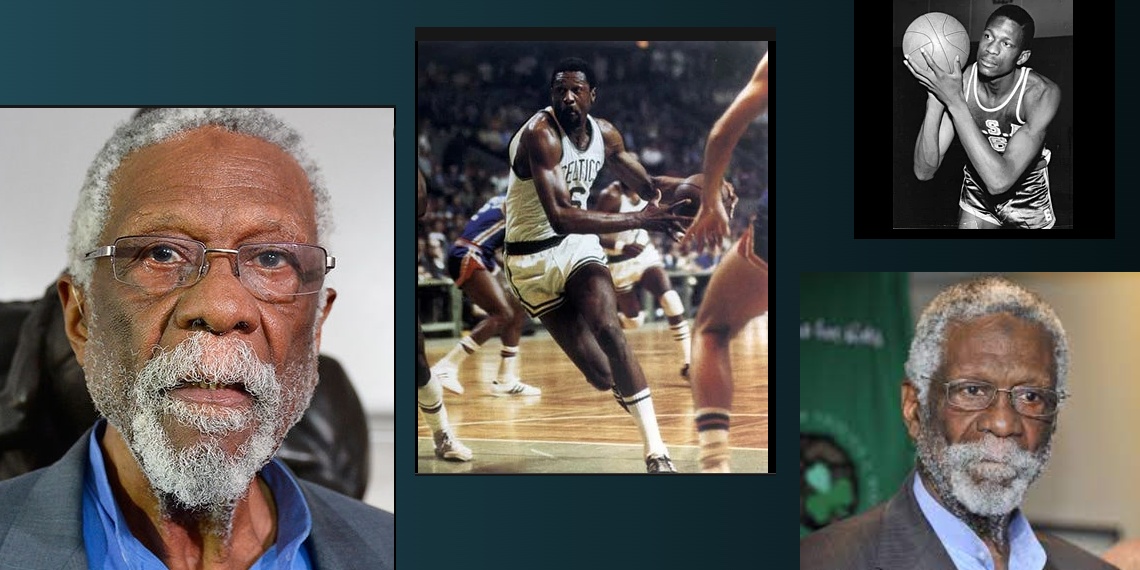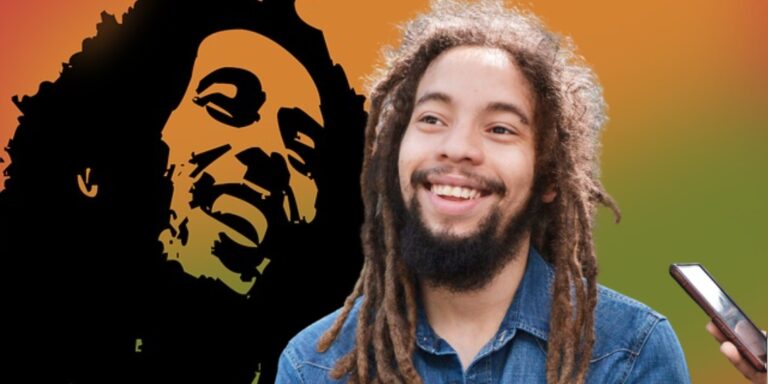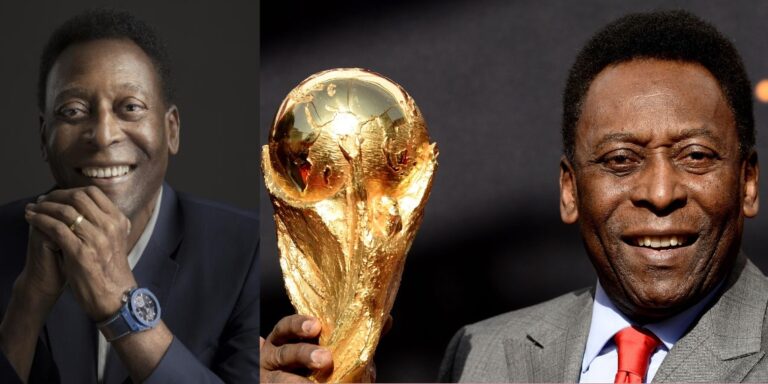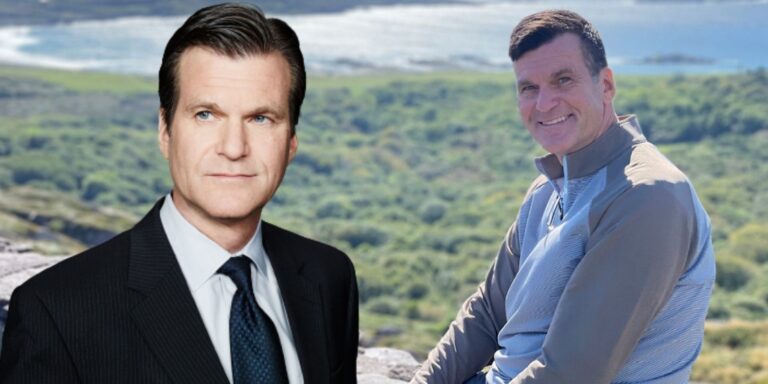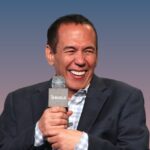Bill Russell, born William Felton Russell on February 12, 1934, was an American professional basketball player. He played as a center for the Boston Celtics of the National Basketball Association (NBA) from 1956 to 1969. A five-time NBA Most Valuable Player and a 12-time NBA All-Star, he was the centrepiece of the Celtics dynasty that won 11 NBA championships during his 13-year career. Russell and Henri Richard of the National Hockey League are tied for the most championships won by an athlete in a North American sports league. He led the San Francisco Dons to two consecutive NCAA championships in 1955 and 1956 and captained the gold-medal-winning U.S. national basketball team at the 1956 Summer Olympics.[5]. Russell is considered one of the greatest basketball players of all time.
Despite his limitations on offence – Russell never averaged more than 19.0 points per game in any season – some regard him as one of the greatest basketball players of all time for his dominating defensive play. Standing at 6 ft, 10 in (2.08 m) tall, with a 7 ft 4 in (2.24 m) arm span, his shot-blocking and man-to-man defence were major reasons for the Celtics’ domination of the NBA during his career. Russell was equally notable for his rebounding abilities. He led the NBA in rebounds four times, had a dozen consecutive seasons of 1,000 or more rebounds, and remains second all-time in both total rebounds and rebounds per game. He is one of just two NBA players (the other being prominent rival Wilt Chamberlain) to have grabbed more than 50 rebounds in a game.
Russell played in the wake of black pioneers Earl Lloyd, Chuck Cooper, and Sweetwater Clifton, and he was the first black player to achieve superstar status in the NBA. He also served a three-season (1966–69) stint as player-coach for the Celtics, becoming the first black coach in North American professional sports and the first to win a championship. Russell was inducted into the Naismith Memorial Basketball Hall of Fame in 1975, was one of the founding inductees into the National Collegiate Basketball Hall of Fame in 2006, and was enshrined in the FIBA Hall of Fame in 2007. He was selected into the NBA 25th Anniversary Team in 1971 and the NBA 35th Anniversary Team in 1980, named as one of the 50 Greatest Players in NBA History in 1996, one of only four players to receive all three honours, and selected into the NBA 75th Anniversary Team in 2021. In 2021, he was inducted into the Naismith Memorial Basketball Hall of Fame a second time for his coaching career. In 2009, the NBA renamed the NBA Finals Most Valuable Player trophy in his honour to the Bill Russell NBA Finals Most Valuable Player Award. In 2011, Barack Obama awarded Russell the Presidential Medal of Freedom for his accomplishments on the court and in the civil rights movement.
NBA Legend Bill Russell anchored the Boston Celtics dynasty for 13 years, winning 11 championships. As the first Black head coach in any major U.S. sport, the last two marched for civil rights with Martin Luther King Jr. and died on Sunday, July 31, at 88.
His family posted the news on social media, saying Russell died with his wife, Jeannine, by his side. The statement did not give the cause of death, but Russell was not well enough to present the NBA Finals MVP trophy in June due to a long illness.
“Bill’s wife, Jeannine, and his many friends and family thank you for keeping Bill in your prayers. Perhaps you’ll relive one or two of the golden moments he gave us or recall his trademark laugh as he delighted in explaining the real story behind how those moments unfolded,” the family statement said. “And we hope we can find a new way to act or speak up with Bill’s uncompromising, dignified and always constructive commitment to principle. That would be one last and lasting win for our beloved #6.”
NBA Commissioner Adam Silver said Russell was “the greatest champion in all team sports.”
“Bill stood for something much bigger than sports: the values of equality, respect and inclusion that he stamped into the DNA of our league. At the height of his athletic career, Bill advocated vigorously for civil rights and social justice, a legacy he passed down to generations of NBA players who followed in his footsteps,” Silver said. “Through the taunts, threats and unthinkable adversity, Bill rose above it all and remained true to his belief that everyone deserves to be treated with dignity.
A Hall of Famer, five-time Most Valuable Player and 12-time All-Star, Russell 1980 was voted the greatest player in NBA history by basketball writers. He remains the sport’s most prolific winner as a player and an archetype of selflessness who won with defence and rebounding while leaving the scoring to others. Often, that meant Wilt Chamberlain, the only player of the era who was a worthy rival for Russell.
But Russell dominated in the only stat he cared about: 11 championships to two.
The native of Louisiana also left a lasting mark as a Black athlete in a city — and country — where race is often a flash point. He was at the March on Washington in 1963 when King gave his “I Have a Dream” speech and backed Muhammad Ali when the boxer was pilloried for refusing induction into the military draft.
“To be the greatest champion in your sport, to revolutionize the way the game is played, and to be a societal leader all at once seems unthinkable, but that is who Bill Russell was,” the Boston Celtics said in a statement.
In 2011, President Barack Obama awarded Russell the Medal of Freedom alongside Congressman John Lewis, billionaire investor Warren Buffett, German Chancellor Angela Merkel and baseball great Stan Musial.
“Bill Russell, the man, is someone who stood up for the rights and dignity of all men,” Obama said at the ceremony. “He marched with King; he stood by Ali. When a restaurant refused to serve the Black Celtics, he refused to play in the scheduled game. He endured insults and vandalism, but he kept focusing on making the teammates he loved better players and made possible the success of so many who would follow.”
